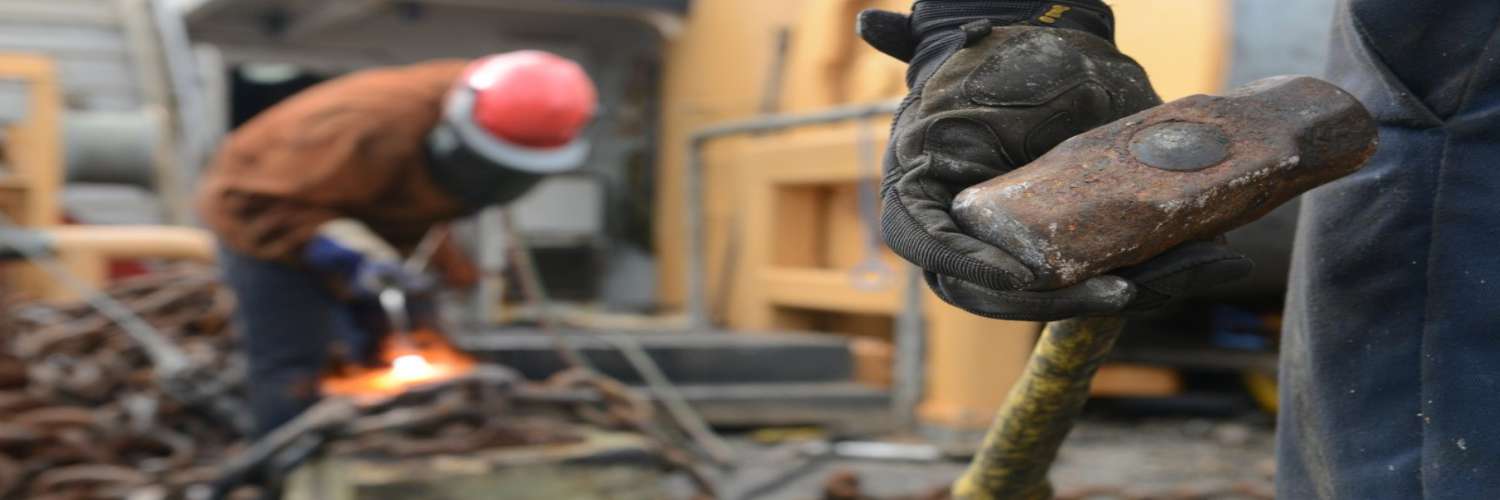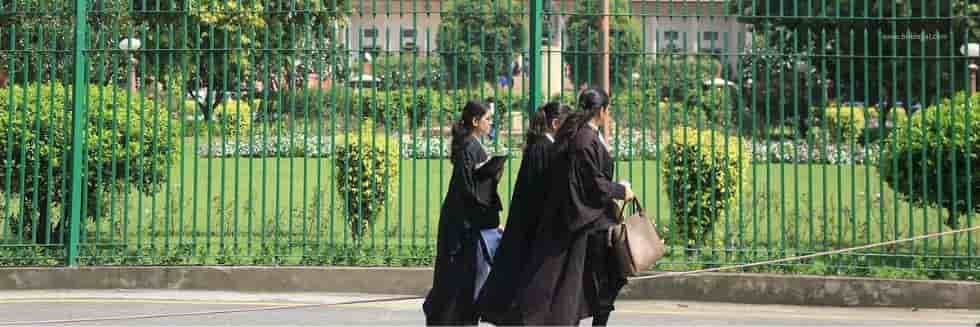In a significant judgment, Supreme Court summarised principles to entertain the claims related to the compassionate appointment. The apex court held that compassionate appointment is not a vested right. The bench noted that such claims may not be entertained after a lapse of a considerable period since the death of the accused.
The bench comprising Justice Krishna Murari and Justice BV Nagarathna observed, “the operation of a policy/scheme for compassionate appointment is founded on considerations of immediacy. A sense of immediacy is called for not only in the manner in which the applications are processed by the concerned authorities but also in the conduct of the applicant in pursuing his case, before the authorities and if needed before the Courts.”
The top court reversed an order passed by a Division Bench of the Calcutta High Court granting compassionate appointment to deceased employees of the local authorities. The bench restored the order of a single-judge bench where the court rejected the claims on two grounds.
No policy existing to govern compassionate appointment to posts under local authorities in the State of West Bengal – the existence of a State policy is sine qua non for making compassionate appointments ;
Applications for compassionate appointment, which were made in the year 2006 cannot be considered and decided in 2023, more so when the applicants were not diligently pursuing their claims.
Supreme Court Summarised These 5 Principles For Compassionate Appointment
- A provision for compassionate appointment makes a departure from the general provisions providing for appointment to a post by following a particular procedure of recruitment. Since such a provision enables appointment being made without following the said procedure, it is in the nature of an exception to the general provisions and must be resorted to only in order to achieve the stated objectives, i.e., to enable the family of the deceased to get over the sudden financial crisis.
- Appointment on compassionate grounds is not a source of recruitment. The reason for making such a benevolent scheme by the State or the public sector undertaking is to see that the dependants of the deceased are not deprived of the means of livelihood. It only enables the family of the deceased to get over the sudden financial crisis.
- Compassionate appointment is not a vested right which can be exercised at any time in future. Compassionate employment cannot be claimed or offered after a lapse of time and after the crisis is over.
- That compassionate appointment should be provided immediately to redeem the family in distress. It is improper to keep such a case pending for years.
- In determining as to whether the family is in a financial crisis, all relevant aspects must be borne in mind including the income of the family, its liabilities, the terminal benefits if any, received by the family, the age, dependency and marital status of its members, together with the income from any other source.
The apex court bench noted that the sine qua non for allowing a claim of compassionate appointment is that the family of the deceased employee would be unable to make ends meet if one of their dependents is not employed on the compassionate ground
“The financial condition of the family of the deceased, at the time of the death of the deceased, is the primary consideration that ought to guide the authorities’ decision in the matter,” the bench stated.
The top court added, “the sense of immediacy in the matter of compassionate appointment has been lost in the present case. This is attributable to the authorities of the Appellant-State as well as the Respondents-Writ Petitioners. Now, entertaining a claim which was made in 2005-2006, in the year 2023, would be of no avail, because admittedly, the Respondents-Writ Petitioners have been able to eke out a living even though they did not successfully get appointed to the services of the Municipality on compassionate grounds.”
The bench observed, “Since compassionate appointment is not a vested right and the same is relative to the financial condition and hardship faced by the dependents of the deceased government employee as a consequence of his death, a claim for compassionate appointment may not be entertained after lapse of a considerable period of time since the death of the government employee.”
The bench was of the view that though the application was filed in the year 2006, the eligible candidates had not pursued the matter further for a period of almost ten years. The bench noted that such a long delay in approaching the High Court could be regarded as a waiver of the remedy, disentitling the petitioners from relief under Article 226.
The apex court also condemned the authorities for their lackadaisical attitude in dealing with the claims for compassionate appointment.
“Delay on the part of the authorities of the State to decide claims for compassionate appointment would no doubt frustrate the very object of a scheme of compassionate appointment. Government officials are to act with a sense of utmost proactiveness and immediacy while deciding claims of compassionate appointment so as to ensure that the wholesome object of such a scheme is fulfilled,” the bench observed.
A 2007 circular clarified that the benefit of compassionate appointment would not extend to the employees of local authorities. According to the well-established legal principle, the clarificatory note’s impact would be retroactive to the date of the initial notification. Therefore, given that the applications were submitted in 2006, both Circulars would be relevant.
“The existence of a policy issued by the State Government is a sine qua non for making appointments on compassionate basis The appointments must follow the stipulations made in the policy. It is therefore a no-brainer that in the absence of a policy governing compassionate appointment to posts under a local authority, no appointment could be made to such an authority on compassionate grounds,” the bench stated.
Case Background
In 2006, the heirs of deceased employees from Burdwan Municipality in West Bengal submitted their applications for compassionate appointment. The Municipality ordered an inquiry by a three-member committee comprising the Chairperson, the Executive Officer and the Deputy Director of Local Bodies, Burdwan Division to analyze whether the applicants are eligible for compassionate appointment.
In 2013, Chairperson sent a memo of approval of appointment on the compassionate grounds. The list of candidates was forwarded to the Director of Local Bodies who didn’t take any action.
Subsequently, in 2015, an eligible candidate filed a petition in Calcutta High Court after which the Court directed the local bodies to take a decision related to compassionate appointments within ten weeks and communicate it to the chairperson within a week thereafter.
The Local Bodies issued an order stating that they are not authorized to consider these appointments. Criticizing the same, a writ petition was filed before High Court. The bench heard and disposed of several such petitions after which a single-judge bench order was challenged before a two-judge bench. The two-judge bench directed the authorities to consider the applications for compassionate appointment.
This article is written by Varsha. You can reach out to the author via email at bnbvarsha@gmail.com.









